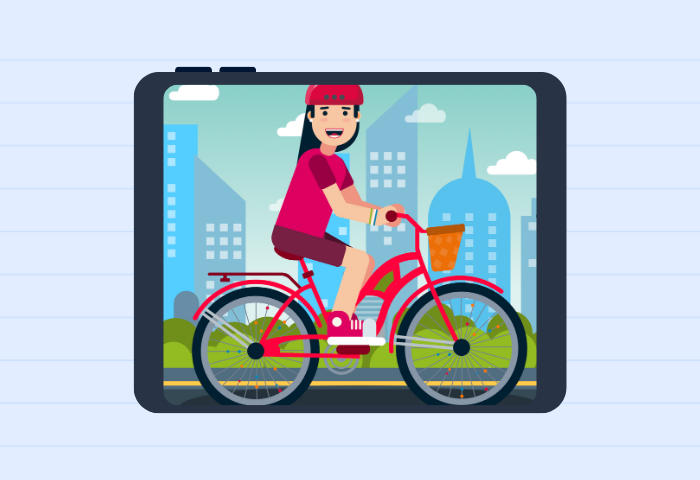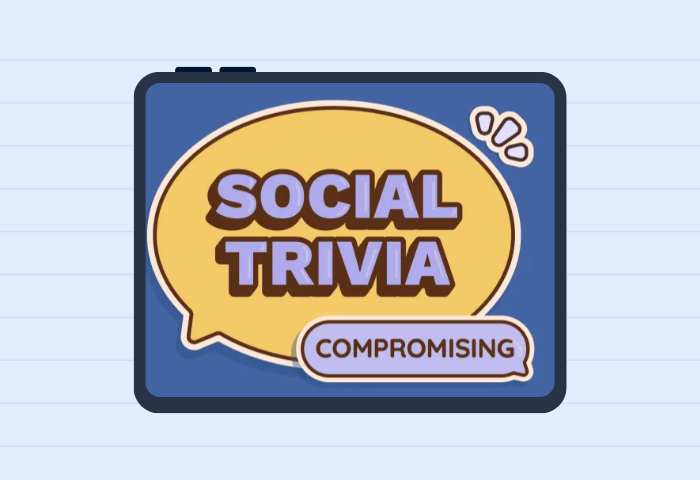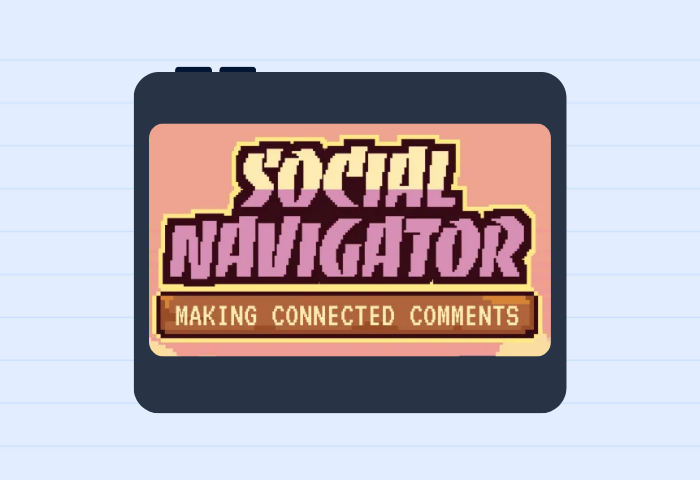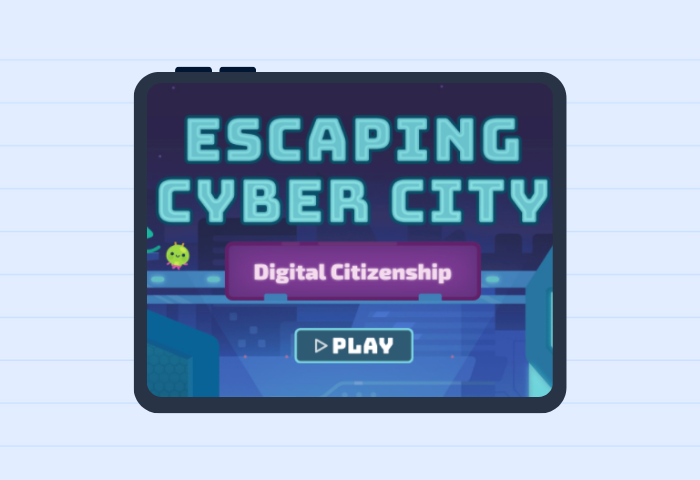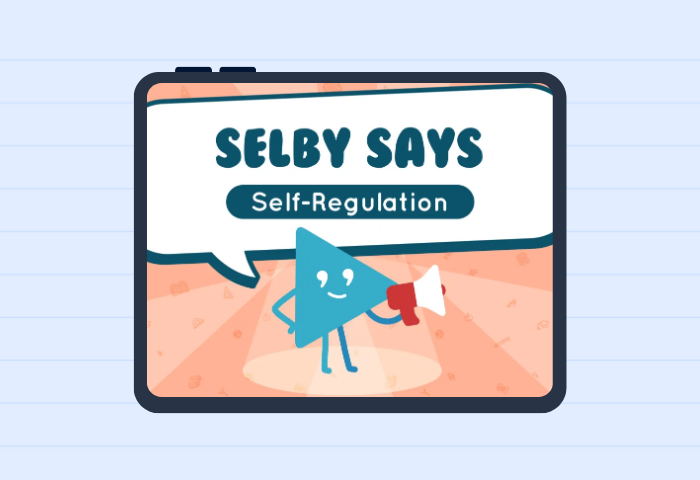Social-Emotional Learning Skills for Kindergarten Students at Parties
Get free social skills materials
No-prep lessons on self-regulation, emotional recognition, conversation skills, and more.
Sign up hereIntroduction
When attending parties with family or friends, kindergarten students can develop essential social-emotional learning skills that will benefit them throughout their lives. In this blog post, we will explore three key skills for young children at social gatherings: Topic Radar, Restaurant Rules, and Self-Controller. These skills help students navigate conversations, practice good manners during meals, and manage their emotions in social settings.
Related resources: See our full list of video modeling activities for teaching social skills.
No-Prep Activity
Here’s an easy, no-prep activity that educators can use to help kindergarten students practice these skills:
Role-Play Party
- Divide students into small groups.
- Assign each student a role (e.g., family member, friend, or party host).
- Explain the three key skills (Topic Radar, Restaurant Rules, and Self-Controller) and give examples of how to use them in a party setting.
- Have students role-play a party scenario, encouraging them to use the skills they’ve learned.
- After the role-play, discuss the experience and ask students to share examples of how they used the skills during the activity.
Discussion Questions
Use these questions to stimulate further discussion and reflection on the skills learned:
- Why is it important to talk about topics that others are interested in during a conversation? How does this make the other person feel?
- What are some examples of good manners when eating a meal with others? Why are these behaviors important?
- Can you think of a time when you felt nervous or overwhelmed at a social gathering? What strategies did you use to help yourself feel better?
- How can practicing these skills at parties help us in other social situations, such as school or playdates?
Related Skills
In addition to the skills discussed in this post, there are several other social-emotional learning skills that can benefit kindergarten students in various settings:
- Active Listening: This skill involves paying close attention to what others are saying, making eye contact, and responding appropriately to show understanding.
- Empathy: By understanding and sharing the feelings of others, students can develop stronger connections and more meaningful relationships.
- Cooperation: Working together with others toward a common goal is a valuable skill that can be applied in both social and academic contexts.
Next Steps
By incorporating these skills into your classroom activities and discussions, you can help kindergarten students develop crucial social-emotional learning abilities that will serve them well throughout their lives. To access free samples of these skills and others, sign up at Everyday Speech’s sample materials page.

